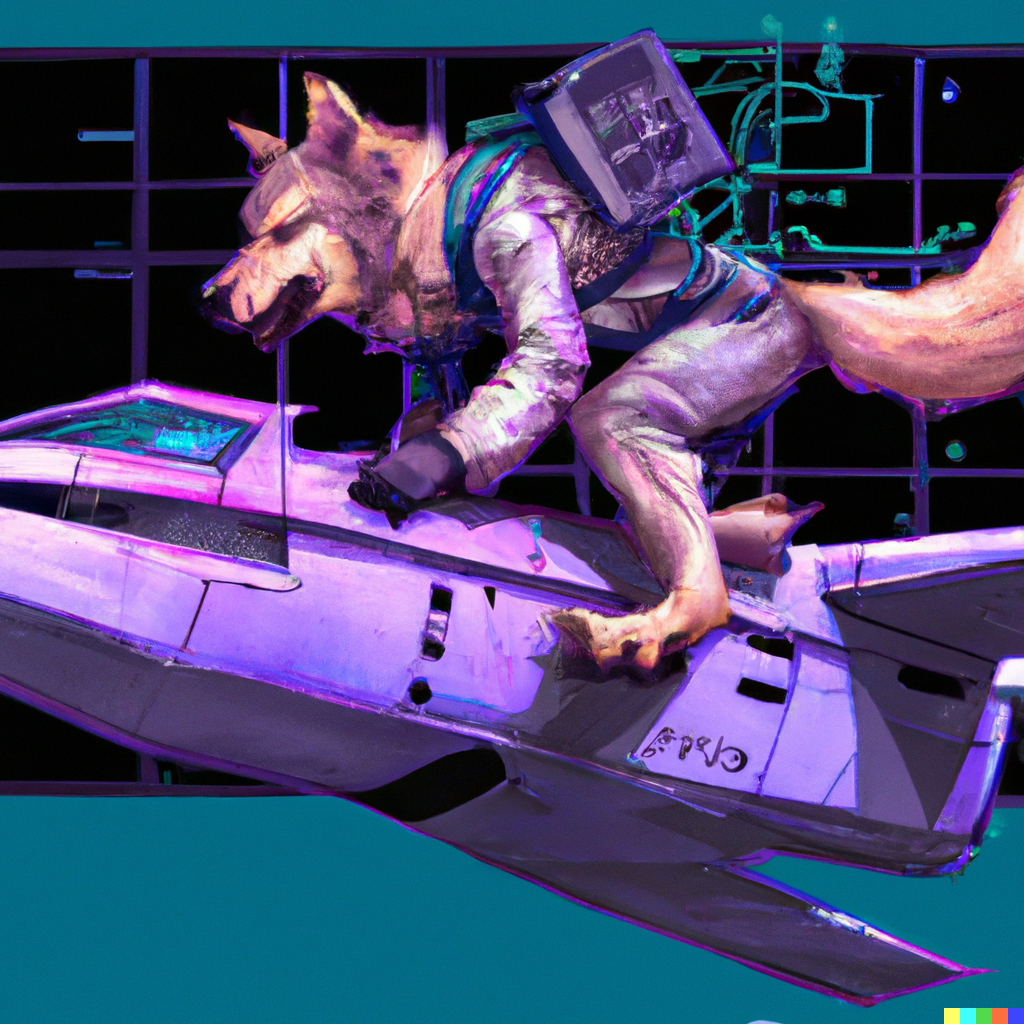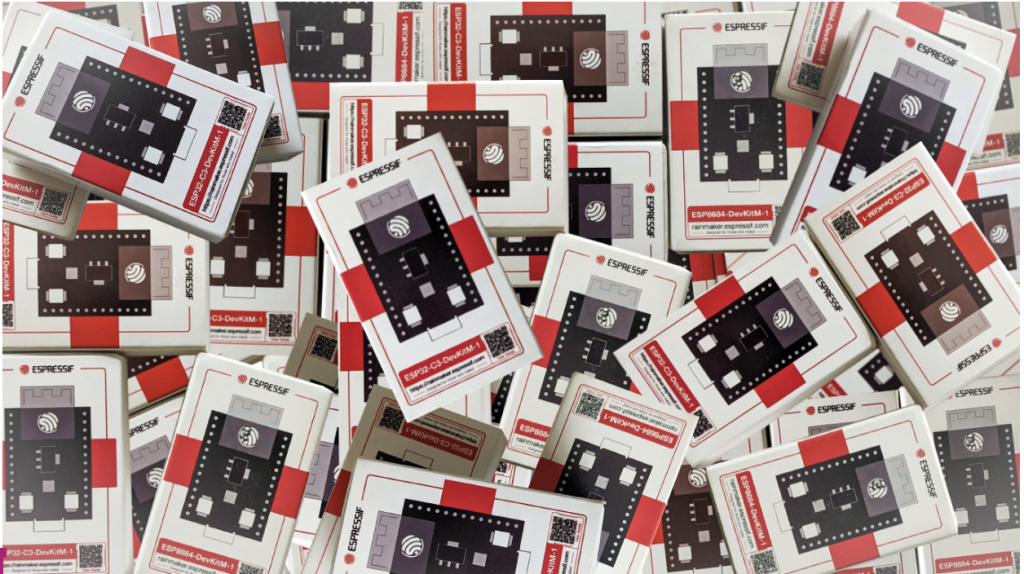WolfSSL will attend two major tradeshows from March 14 to 16: Embedded World 2023 in Nuremberg, Germany, and Satellite 2023 in Washington D.C. At Embedded World, attendees will explore the latest trends in embedded systems, IoT, and edge computing. At Satellite 2023, the focus is on new developments in satellite technology, ground stations, and launch services.
WolfSSL offers highly optimized TLS and cryptography libraries that secure IoT devices and embedded systems against cyber attacks. At both tradeshows, the wolfSSL team will meet with attendees and discuss how their products can support their projects. They have the expertise and experience to help you achieve your security goals and enhance system performance.
By scheduling a meeting with the wolfSSL team at Embedded World 2023 or Satellite 2023, attendees can gain valuable insights into the latest trends and technologies in embedded and satellite systems security. . Don’t miss out on this opportunity to meet with wolfSSL and explore the latest advancements in embedded and satellite systems security.
Email facts@wolfssl.com to schedule a meeting with the wolfSSL team at either tradeshow.
Take advantage of the opportunity to enhance your embedded security knowledge with wolfSSL’s free two-day training. Be sure to register for both days as day 2 will build off the content from day 1.
Watch the webinar here: Part 1, Part 2
If you have any questions or run into any issues, contact us at facts@wolfssl.com, or call us at +1 425 245 8247.




